Introduction
Welcome to KWellGlobal – your gateway to Korean wellness.
In a world where health and resilience have become top priorities, more and more people are turning to nature for solutions. Korea, with its rich tradition of herbal medicine, offers a treasure trove of natural remedies that have been used for centuries to strengthen the immune system and promote overall well-being.
In this article, we’ll explore five of the most trusted Korean herbs known for their immunity-boosting properties. Whether you’re new to herbal wellness or seeking to deepen your understanding of traditional Korean remedies, these time-tested herbs offer natural support for your body’s defense system.
Herb 1: Ginseng
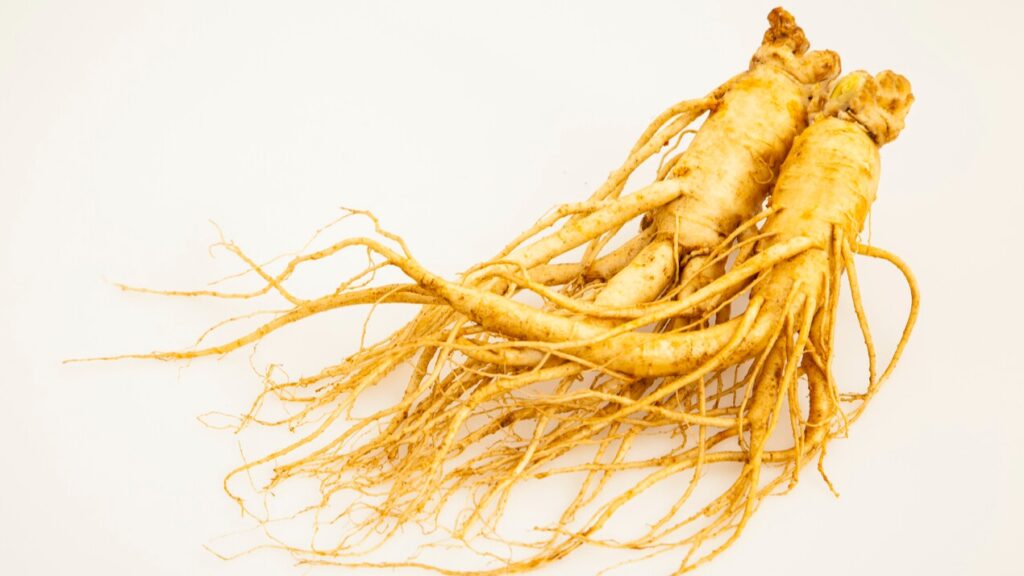
Ginseng, especially Korean red ginseng, is perhaps the most well-known herbal remedy in Korean traditional medicine.
Revered for its adaptogenic properties, ginseng helps the body resist stress, restore energy, and strengthen the immune response. It’s rich in ginsenosides—natural compounds that enhance immune cell activity and reduce inflammation.
In Korea, ginseng is often taken in extract form, brewed as tea, or consumed as capsules. It is especially valued during the change of seasons or when recovering from illness. Modern studies also support its role in improving immunity, cognitive performance, and stamina.
Herb 2: Astragalus
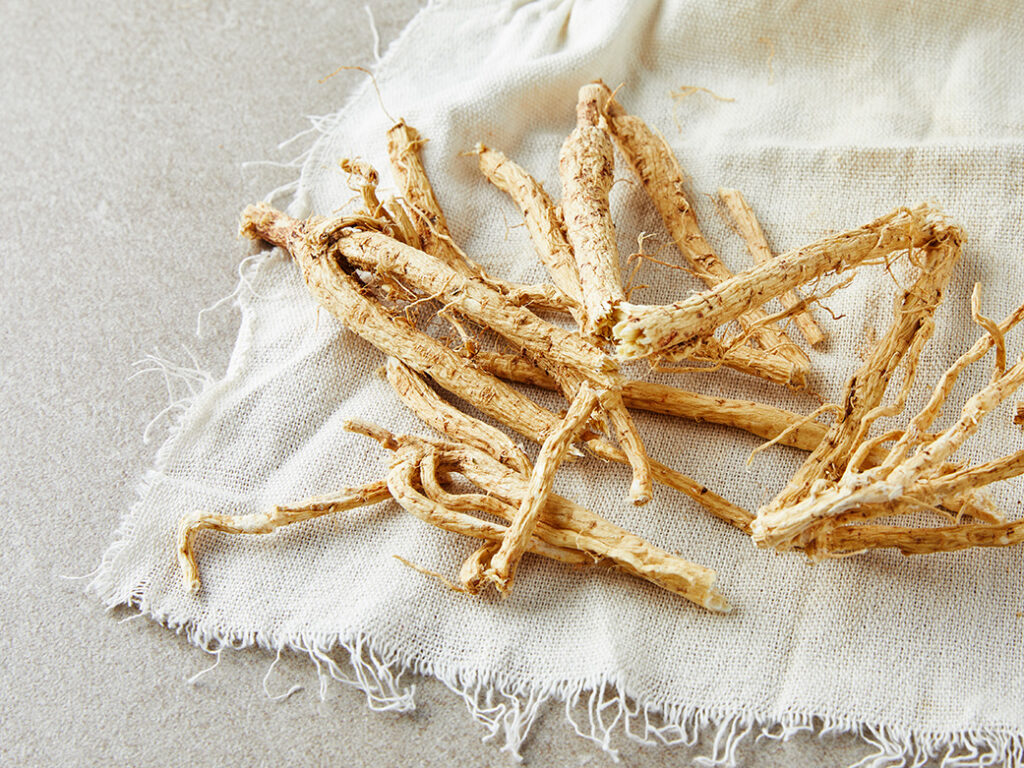
Astragalus, known as “Hwanggi” in Korean, is another powerful immune-enhancing herb widely used in traditional Korean and Chinese medicine.
It is prized for its ability to boost white blood cell production, support the body’s defense mechanisms, and help the body recover from fatigue and chronic stress.
Astragalus is often decocted with other herbs to make a warm, strengthening tea, especially during seasonal transitions or after illness. Its sweet and earthy flavor makes it a popular ingredient in herbal soups and tonics in Korea. Research has also shown astragalus to be effective in supporting respiratory health and reducing inflammation.
Herb 3: Schisandra
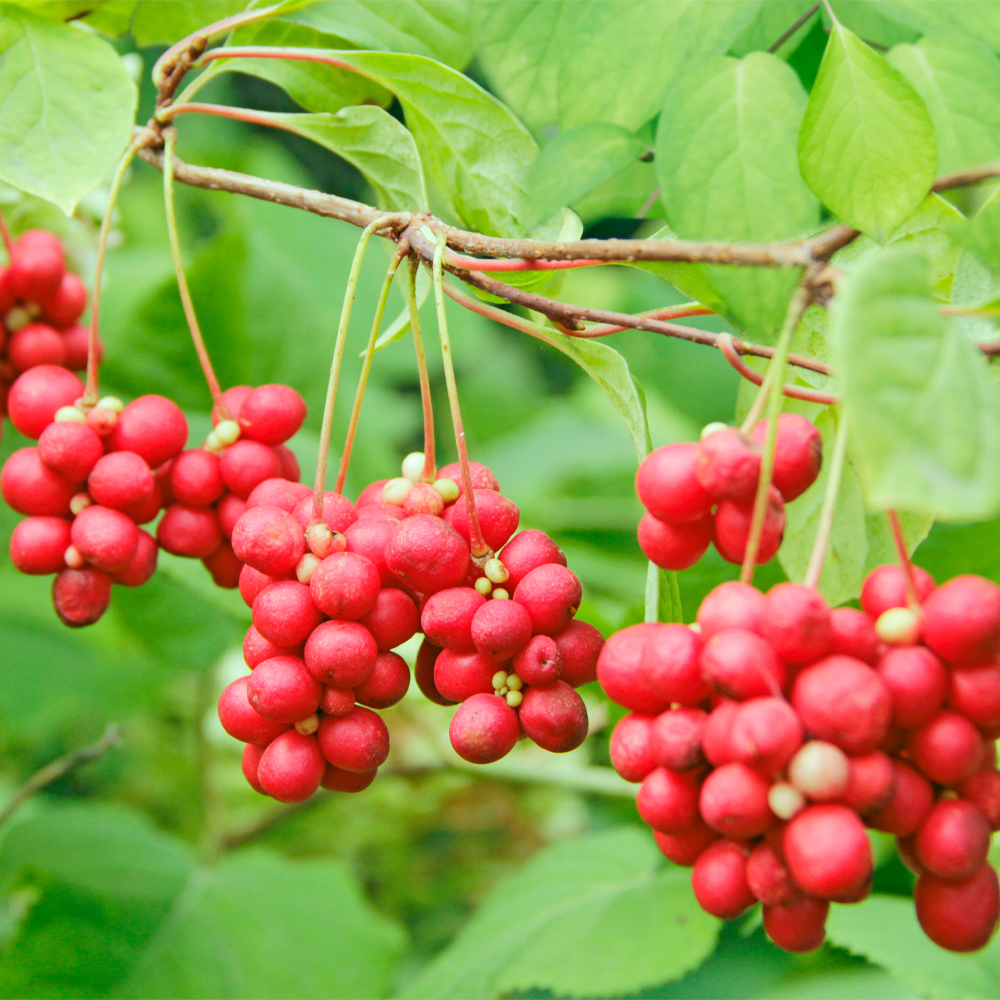
Schisandra, known in Korea as “Omija,” means “five-flavor berry” because it combines sweet, sour, salty, bitter, and pungent tastes all in one fruit.
Beyond its unique flavor profile, Schisandra is celebrated for its powerful antioxidant and adaptogenic properties, making it an excellent herb for supporting immune health, liver function, and stress resilience.
In Korean traditional medicine, omija tea is a popular health tonic, especially enjoyed cold during hot summers and warm during seasonal transitions. It is known to promote vitality, reduce fatigue, and protect the body from oxidative stress. Its vibrant red color and refreshing taste also make it a favorite among wellness enthusiasts.
Herb 4: Licorice Root
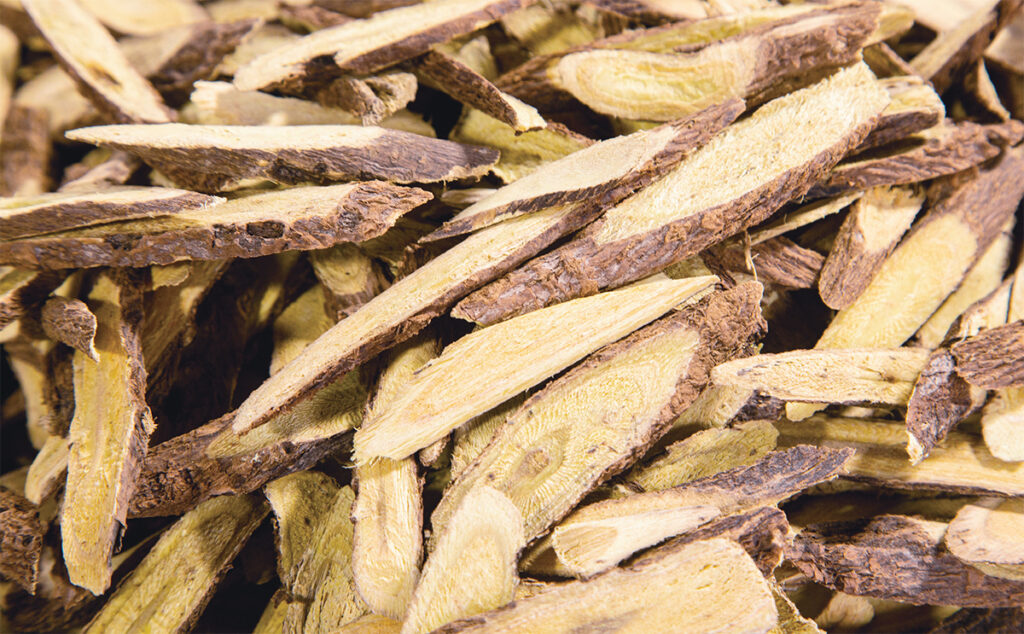
Licorice root, or “Gamcho” in Korean, is one of the most commonly used supporting herbs in Korean traditional medicine.
While it’s often used to enhance the flavor of other herbal blends, it also carries its own valuable health benefits—most notably its soothing effect on the respiratory system, anti-inflammatory properties, and ability to harmonize other herbs.
In Korea, licorice root is frequently included in herbal teas or decoctions designed to treat coughs, colds, and digestive discomfort. It’s known to support adrenal health, ease sore throats, and balance the body’s internal energies. However, long-term or excessive use is discouraged without professional guidance due to its potent biological activity.

Herb 5: Angelica
Angelica, known as “Danggui” in Korean, is often referred to as the “female ginseng” due to its supportive role in women’s health.
It is traditionally used to promote blood circulation, relieve fatigue, and regulate hormonal balance, especially for women experiencing menstrual discomfort or postpartum weakness.
Beyond its gynecological benefits, Angelica is also believed to support immune function by improving blood quality and restoring overall vitality. In Korea, it’s commonly included in herbal tonics and restorative soups, often paired with ginseng and other roots to create a balanced wellness formula.
Conclusion
Korea’s long history of herbal medicine offers us more than just remedies—it offers a philosophy of balance, resilience, and care.
The five herbs introduced in this article—Ginseng, Astragalus, Schisandra, Licorice Root, and Angelica—have each stood the test of time, providing natural ways to support the body’s immune system while promoting holistic well-being.
At KWellGlobal, we believe that wellness should be rooted in both tradition and trust. Through sharing Korea’s most respected health practices and ingredients, we hope to offer knowledge that empowers you to care for your body the natural way.
Whether you’re exploring these herbs for the first time or reconnecting with traditional remedies, we invite you to walk with us on this journey—toward a stronger, more balanced life.
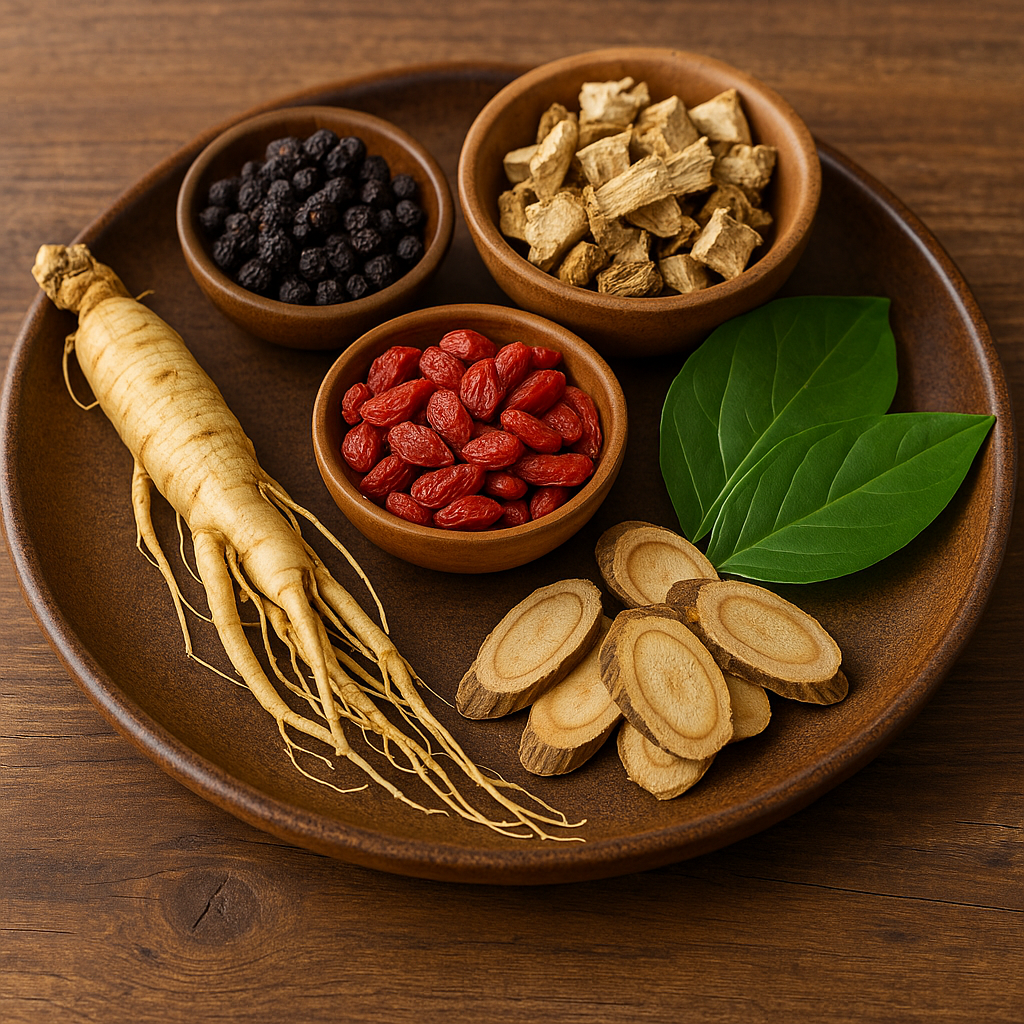
Leave a Reply